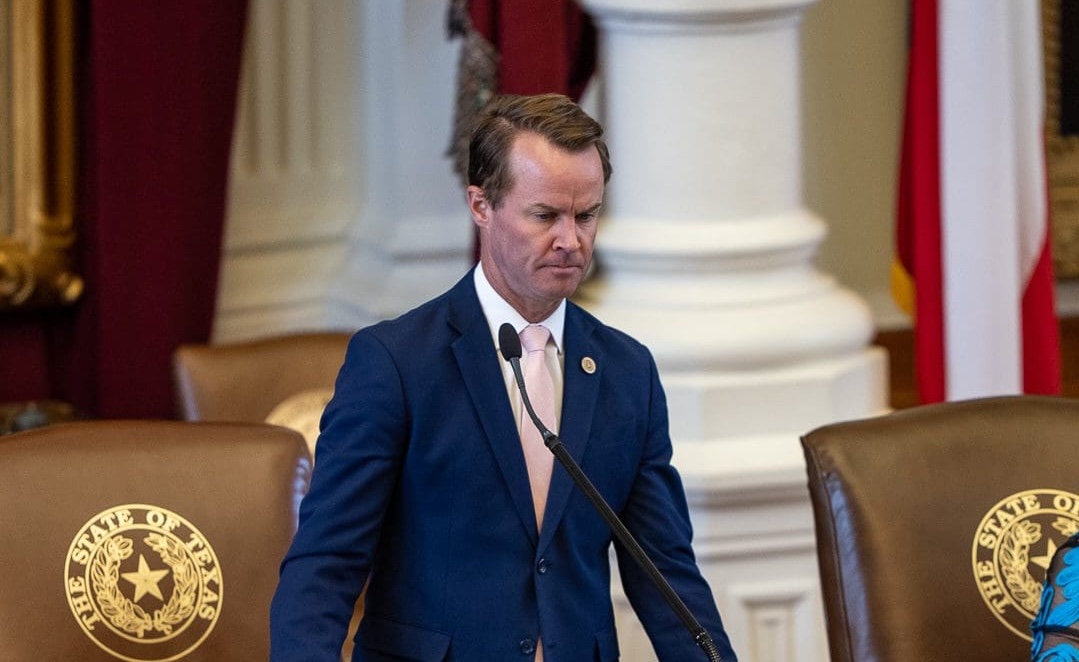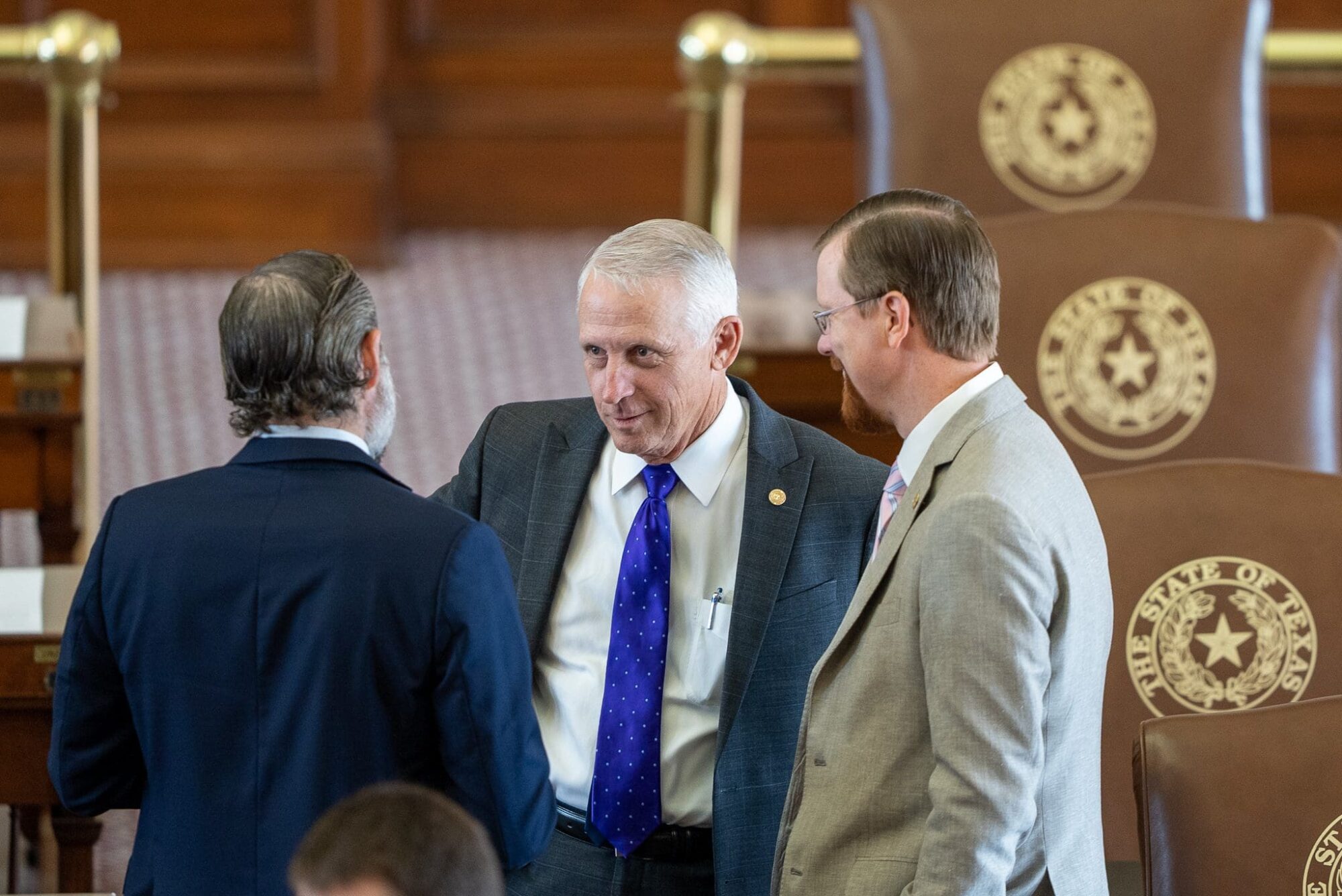The day before the bill filing deadline on March 12, Democrat State Rep. Julie Johnson (Carrollton) filed a bill that would develop and implement a program called Live Well Texas. Ultimately, it expands Medicaid in Texas by allowing the Texas Health and Human Services Commission to seek a Section 1115 waiver and draw down money under the Patient Protection and Affordable Care Act, or “Obamacare.”
The Live Well Texas Program, Medicaid Expansion by Another Name
Notably, the bill currently has 69 total authors, composed of 62 Democrat and seven Republican state representatives. Of the seven Republican authors, four of them are signed on as joint authors in State Reps. Lyle Larson (San Antonio), Steve Allison (San Antonio), Kyle Kacal (College Station), and Dan Huberty (Humble). The other three Republicans are State Reps. Ernest Bailes (Shepherd), Travis Clardy (Nacogdoches), and Stan Lambert (Abilene).
In the event the bill makes its way to the House floor, it merely needs 76 votes (or 50 percent plus one of quorum) to pass in order to be considered by the Senate.
With 69 authors, that threshold seems attainable.
As of this publication, the bill was referred to the House Human Services Committee on March 24, but it has yet to have been scheduled for a public hearing. Four of the nine committee members are currently signed on in support of the bill as co-authors.
A companion bill in the Senate was filed by State Sen. Nathan Johnson (D–Dallas). The bill was referred to the Senate Health & Human Services Committee on March 3, but it has yet to have been scheduled for a public hearing.
A Brief History
Upon the passage of the Affordable Care Act, provisions existed calling for Medicaid expansion in every state. In 2012, the U.S. Supreme Court ruled in NFIB v. Sebelius that states could not be penalized for opting out of the expansion, and as a result, the state of Texas chose to maintain its previously existing Medicaid rules.
In 2013, the Texas Legislature passed a bill that requires the Health & Human Services Commission (HHSC) to first receive approval by the Legislature before any Medicaid expansion decision is made.
Since then, every legislative cycle has seen its share of proposed bills related to both Medicaid expansion and various “Texas solutions” to address the numbers of uninsured Texans. None have made it through the entirety of the legislative process.
Republican & Democrat Party Positions on Medicaid Expansion
The Republican Party of Texas’ platform states the party’s direct opposition to the expansion of Medicaid:
- Plank 257: “We support Medicaid block grants to the states and return Medicaid to its original purpose to be temporary assistance. We oppose any further expansion of Medicaid.”
- Plank 265: “We recommend the creation of the State of Texas Health Savings Account, with funds in excess of those needed in the Rainy Day Fund, with the purpose of enabling the state to develop reserves sufficient to exist the federal Medicaid program, which will not expire nor be utilized for any other purpose.”
The Democrat Party of Texas platform states the party’s support of “policies and programs that expand Medicaid coverage to improve healthcare access coverage in Texas,” as well as to “recognize that healthcare is a fundamental right which should be affordable and accessible to all.”
State Leadership on Medicaid Expansion
In 2015, Gov. Greg Abbott said that “Medicaid expansion is wrong for Texas” and it is a “massive expansion of an already broken and bloated Medicaid program.”
In 2016, Lt. Gov. Dan Patrick, as well as 20 other state senators, sent a letter to then-President Barack Obama demanding more state control over the federal healthcare program, citing that the rising cost of Medicaid is “clearly unsustainable” and that it would continue to drain other state resources that could instead go to things like infrastructure and public education.
Patrick went on to say, “We must have the flexibility from the federal government to manage our own Medicaid in our state. Ever-increasing federal regulations and mandates will only continue this unsustainable and irresponsible growth in spending.”
The day before the 87th Legislative Session began, House Speaker Dade Phelan told The Texas Tribune that “members who are both Republican and Democrat have come to me to talk about improvement upon Medicaid. Some want expansion. I don’t think expansion is on the table. I don’t think the votes are there for expansion. I think we can have a robust discussion about the improvements behind Medicaid … a Texas solution to Medicaid. One that is revenue-neutral. One that does not tie us to billions of dollars in future expenditures.”
In that same interview, Phelan was asked if he would shut down any discussion of Medicaid expansion based on his prediction that the votes in support of it did not exist. Phelan responded by saying, “I shut down no discussion on any bill.”
On Wednesday, Speaker Phelan held a press conference surrounded by House members from both parties, where he unveiled the House’s priority legislative package for healthcare that includes bills related to telehealth, broadband expansion, lowering drug costs for uninsured Texans, advancing “health equity,” transparency in hospital pricing, and increasing health coverage options.
At the end of the press conference, Speaker Phelan took a question related to Medicaid expansion, where he was asked “how you can have a discussion about healthcare priorities without addressing the elephant in the room [Medicaid expansion].” He responded by saying, “Well, it’s an elephant in the room that will be addressed. We have always had that debate on the House floor, on Medicaid expansion, whether its budget night or an amendment.”
What Does it all Mean?
Bills seeking to expand Medicaid still seemingly have an uphill battle to get through the legislative process.
However, it is notable that when compared to previous legislative sessions, a bill exists this cycle that has almost enough support to pass the House chamber before even being heard in a committee hearing. This is in significant contrast to previous legislative cycles, especially when President Barack Obama was in office, where Republicans were seemingly more reluctant to openly support such expansion.
With 54 days left in the 140-day legislative session, the volume of bills being heard in committees and in each chamber is increasing significantly. With the overall state budget likely to be considered by the House of Representatives soon, a vote on a Medicaid expansion amendment might be telling of whether the political winds have shifted.





